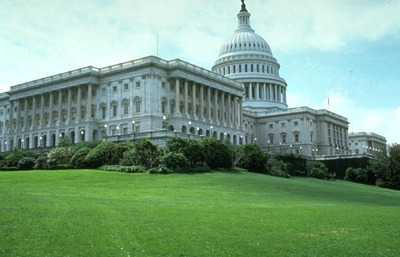Insight into 2008 Presidential Candidate Election Choices

Mark Twain had a thing to say about political parties and their use. In January 24, 1906, he wrote a piece about local election processes - here is an excerpt:
It is plain, I think, that this old article was written about twenty-two years ago, and that it followed by about three or four months the defeat of James G. Blaine for the Presidency and the election of Grover Cleveland, the Democratic candidate--a temporary relief from a Republican-party domination which had lasted a generation. I had been accustomed to vote for Republicans more frequently than for Democrats, but I was never a Republican and never a Democrat. In the community, I was regarded as a Republican, but I had never so regarded myself.
As early as 1865 or '66 I had had this curious experience: that whereas up to that time I had considered myself a Republican, I was converted to a no-party independence by the wisdom of a rabid Republican. This was a man who was afterward a United States Senator, and upon whose character rests no blemish that I know of, except that he was the father of the William R. Hearst of to-day, and therefore grandfather of Yellow Journalism--that calamity of calamities.
Hearst was a Missourian; I was a Missourian. He was a long, lean, practical, common-sense, uneducated man of fifty or thereabouts. I was shorter and better informed--at least I thought so. One day, in the Lick House in San Francisco, he said:
"I am a Republican; I expect to remain a Republican always. It is my purpose, and I am not a changeable person. But look at the condition of things.
The Republican party goes right along, from year to year, scoring triumph after triumph, until it has come to think that the political power of the United States is its property and that it is a sort of insolence for any other party to aspire to any part of that power. Nothing can be worse for a country than this.
To lodge all power in one party and keep it there is to insure bad government and the sure and gradual deterioration of the public morals.
The parties ought to be so nearly equal in strength as to make it necessary for the leaders on both sides to choose the very best men they can find. Democratic fathers ought to divide up their sons between the two parties if they can, and do their best in this way to equalize the powers.
I have only one son. He is a little boy, but I am already instructing him, persuading him, preparing him, to vote against me when he comes of age, let me be on whichever side I may. He is already a good Democrat, and I want him to remain a good Democrat--until I become a Democrat myself. Then I shall shift him to the other party, if I can."
It seemed to me that this unlettered man was at least a wise one. And I have never voted a straight ticket from that day to this. I have never belonged to any party from that day to this.
I have never belonged to any church from that day to this. I have remained absolutely free in those matters. And in this independence I have found a spiritual comfort and a peace of mind quite above price.
Next: 2008 Presidential Campaign Election News
Copyright © 2008
http://gothunkyourself.com/2008presidential
